
This idea, presented by Wageningen biologist Ronald Osinga, came as a surprise to delegates at the international coral symposium held in Wageningen last week.
The symposium was an initiative by the International Society for Reef Studies (ISRS) and focused on the effects of climate change on coral reefs.
Acidification of the oceans is one of the problems, and corals are highly sensitive to it.
They become bleached and the calcium they contain dissolves.
But this does not have to happen, says marine biologist Osinga. On the closing day of the symposium he proposed a solution: sea lettuce (ulva lactuca).
As it grows, this marine plant lowers the acidity of water. What is more, it is edible.
Osinga and his colleagues have calculated that a ‘marine garden’ of 180,000 square kilometres could provide enough protein for the entire world population.
A sea lettuce bed of such gigantic proportions would raise the pH (acidity level) of the Mediterranean Sea by one tenth.
That may not seem much, but according to Osinga, it would be enough to compensate for the rise in acidity that started with the industrial revolution.
Linking the cultivation of sea lettuce with fish farming would create a closed food cycle, says Osinga.
The waste products of the fish would nourish the sea lettuce. Osinga: ‘Offshore fish-farming is a massive polluter. It’s much better if you can recycle these nutrients.
There is a lot of interest nowadays in this sort of integrated concept.’
Osinga and his University of Amsterdam colleague Jaap Kaandorp brought the symposium to Wageningen in order to draw attention to Dutch coral research.
Wageningen UR plays a modest role in this research, but that may be about to change through the accession of the ‘BES’ islands (Bonaire, St. Eustatius and Saba) in the Caribbean to the Netherlands.
But that is a separate issue, says Osinga, and not the reason for the symposium. ‘It’s a coincidence. But a useful one, with all the attention to the coral reefs around the BES islands.’
Three hundred scientists from all over the world took part in the symposium.



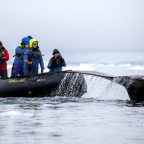

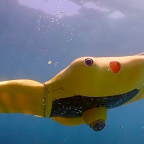
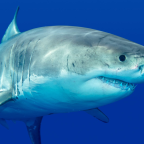
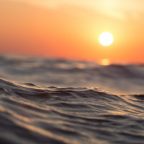
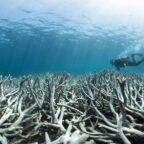
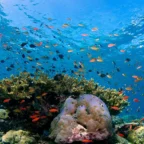


Social Profiles